AI, Rights and Democracy
#IADretsDemocràcia Risks and powers of artificial intelligence
Speakers
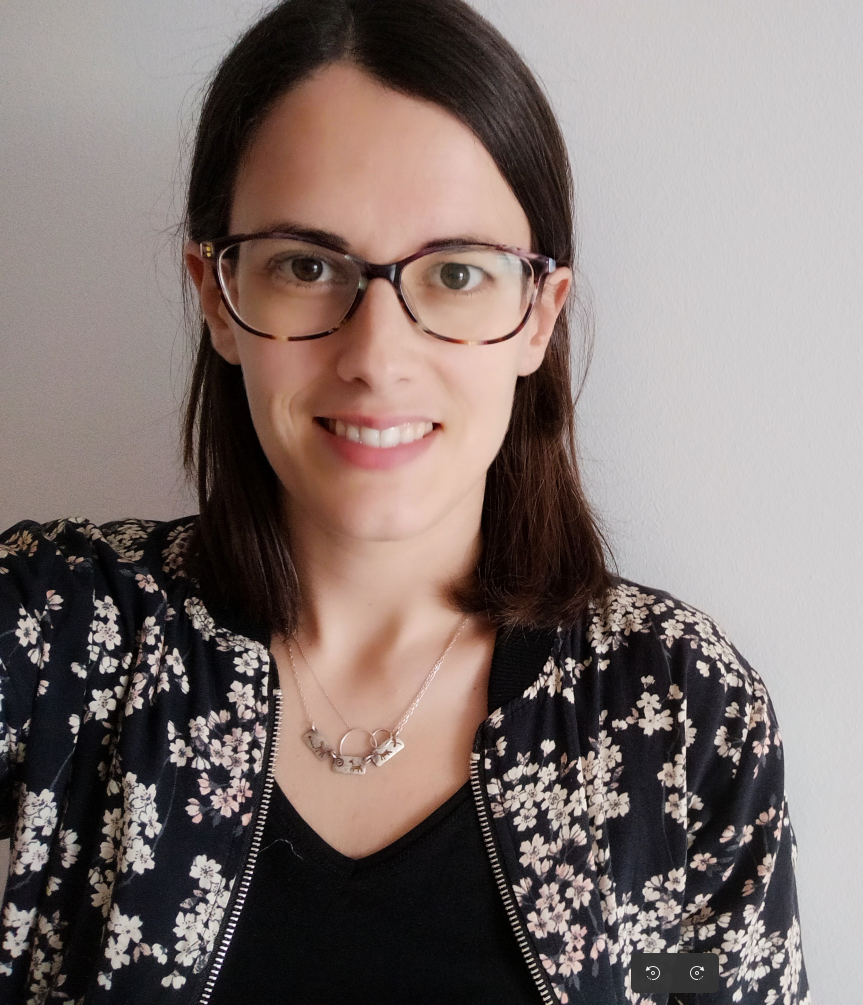

Anna Ginès i Fabrellas is Professor of Labor Law and coordinator of the Esade Institute of Labor Studies. She holds a degree in Law and Economics from the Pompeu Fabra University, where she completed her Doctorate in Law with the Doctoral Thesis "Instruments for compensation for damage resulting from work accidents and occupational disease", for which she received the 5th Extraordinary Prize of Doctorate in Law.
His areas of research include the impact of technology and Artificial Intelligence on the employment relationship and equality and non-discrimination on the basis of gender. She is currently the main researcher of the EQUAL4EUROPE European project funded by the European Commission in the framework of the Horizon 2020 projects, as well as the project "Algorithms and labor relations. Legal treatment of the use of big data, intelligent technology and algorithms for profiling and automated decision-making in the employment relationship" funded by the Ministry of Science and University.
His academic activity includes the publication of numerous books, chapters and articles in prestigious national and international journals and publishers, as well as participation in multiple conferences and congresses. Among his most recent publications, the books "Algoritmos, Artificial Inteligencia y relación laboral", "Teletrabajo. Legal study from the perspective of occupational safety and health" and "Work on digital platforms. New forms of job insecurity", published by the publishing house Aranzadi.
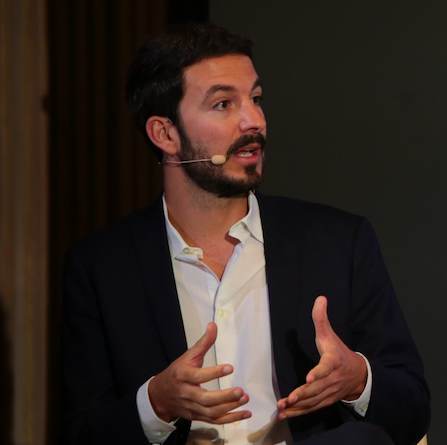

Carles Planas Bou is a journalist. He holds a degree in Journalism and Corporate Communication from Ramon Llull University and has a master's degree in International Relations, Security, and Development from the Autonomous University of Barcelona. Since 2019, he has been in charge of the technology section at El Periódico, where he analyzes the digital world and its sociopolitical intersection. Previously, he was a correspondent for the same newspaper in Germany for four years. He has collaborated with media outlets such as TV3, Catalunya Ràdio, TVE, and Deutsche Welle.
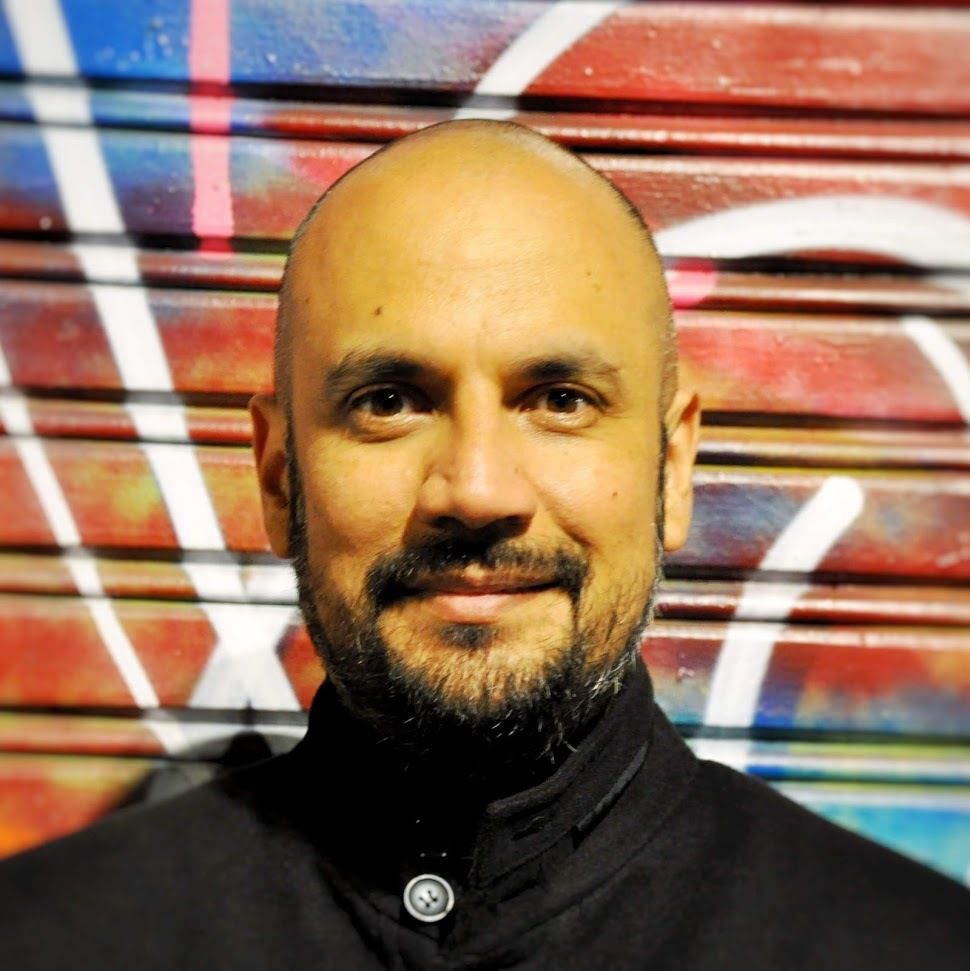

Carlos Castillo (pron. él) es un Profesor ICREA en la Universitat Pompeu Fabra en Barcelona, donde dirige el grupo de Ciencia Web y Computación Social. Actualmente, trabaja en equidad algorítmica e informática de crisis.
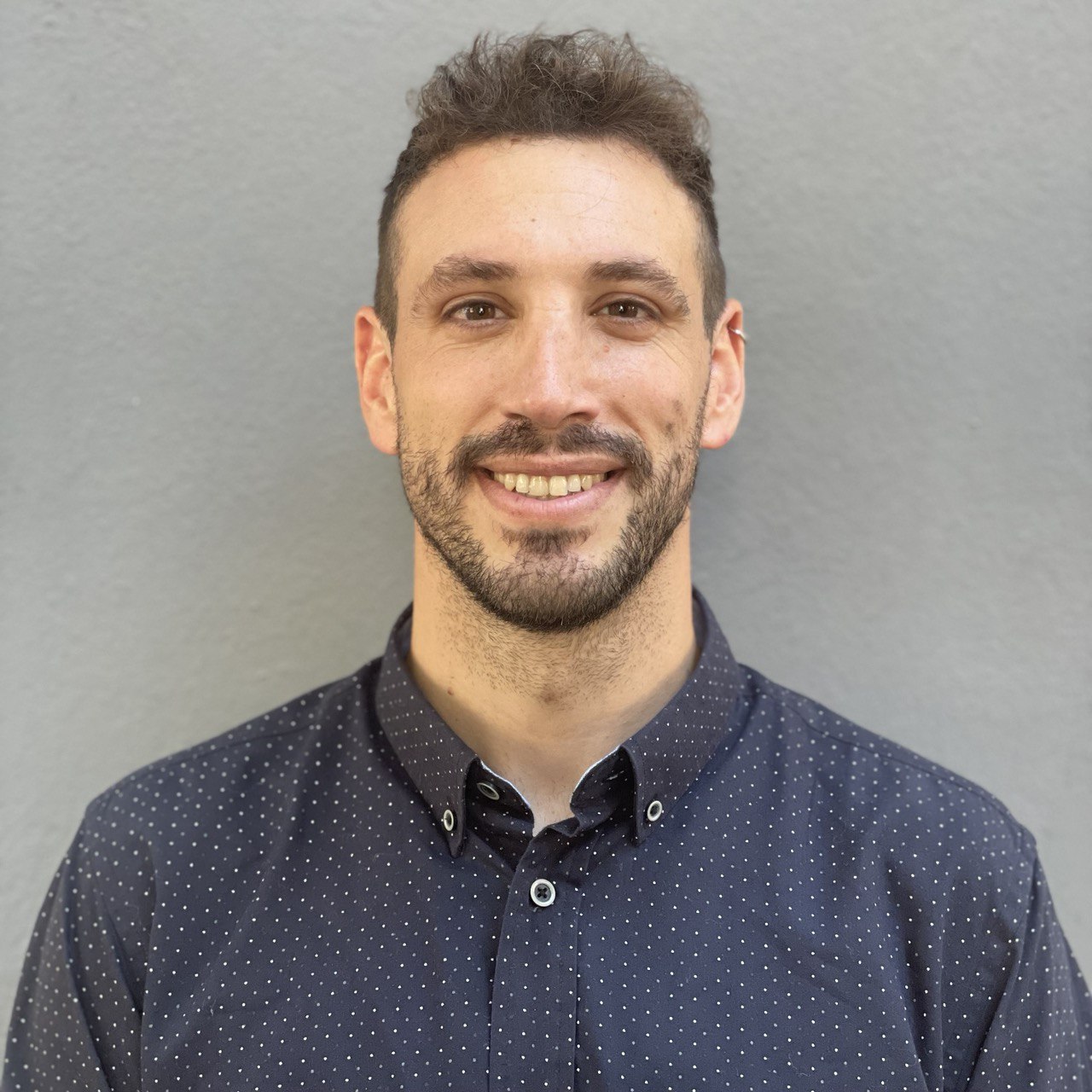

Daniel is a trade unionist from CCOO de Catalunya and, since 2021, he has been responsible for Analysis and Digital Transformation within the Secretary of Trade Union Action and Just Transition. He has worked for nearly a decade in one of the major technology companies, where he has been a member of the works council and the state coordination of the union section. His main area of interest is using the tools provided by the workers' organization to understand how AI and algorithms impact the labor world, both through active participation in the pre-implementation phase of technology and through denouncing cases of discrimination. He actively collaborates at the European level with other unions to coordinate the response to new challenges in the digital world.
From the public sphere, he has just coordinated a report on digitization in the Public Administration, which also includes a set of proposals from two perspectives: the position of citizens facing this transformation and the immediate impacts that this process entails from a labor point of view for workers. The challenge for trade unions remains intact in the 21st century, which is to contribute to the construction of a more just and democratic society. He holds a Bachelor's degree in Communication Sciences from URV and a Master's degree in Communication, Media, and Culture from UAB.
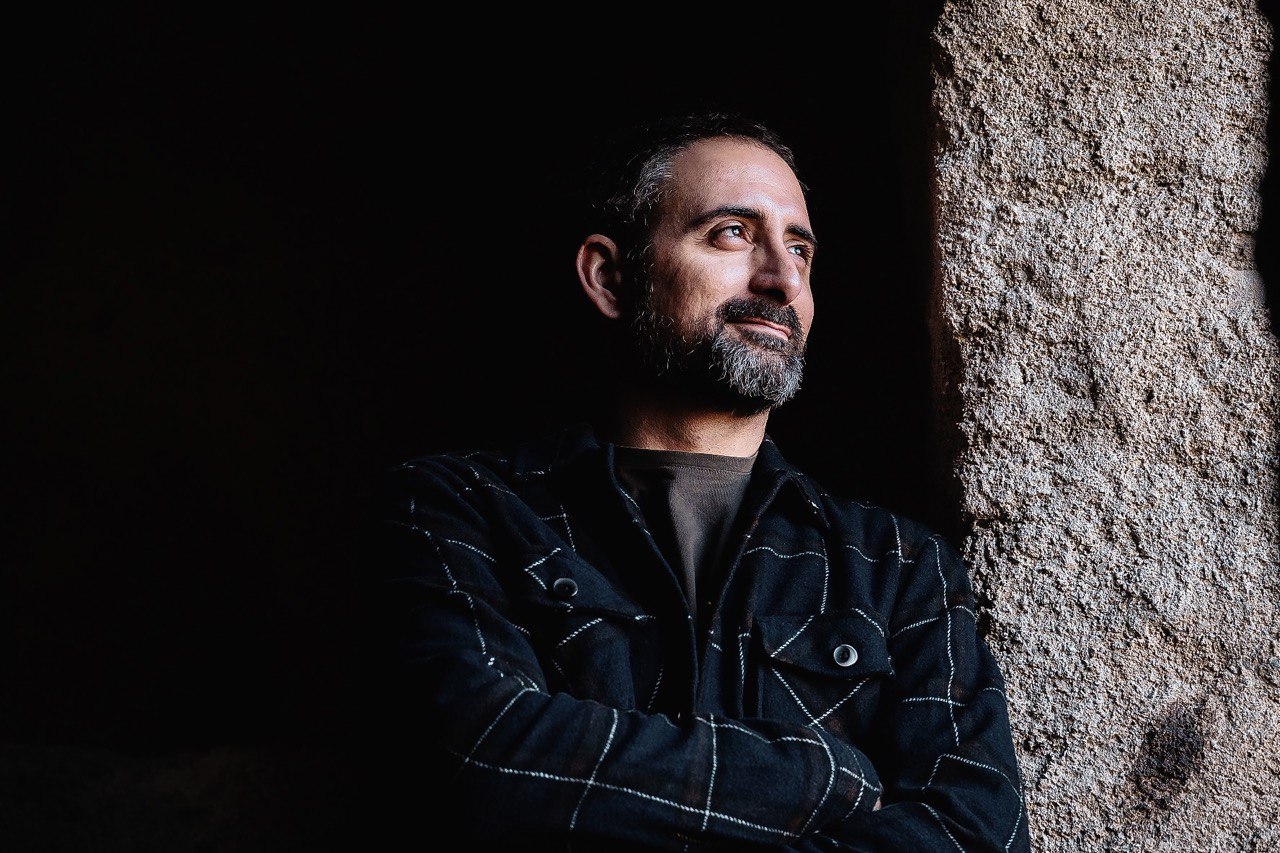

Assistant director of L'Ara, degree in History from the Autonomous University of Barcelona and in Journalism from Pompeu Fabra University. He started working as a journalist in 2004 and has worked in the newsrooms of VilaWeb, El Punt, dBalears, ARA Balears and, of course, ARA, where he has developed most of his professional career. He has specialized, above all, in events, courts, technology and cyber security and is also president of the Ramon Barnils Group of Journalists.
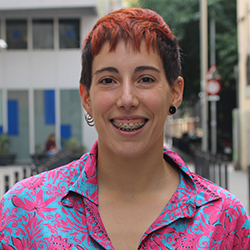

Judith combines university teaching in the field of design and philosophy of technology with her work as a digitalization impact technician at Lafede.cat. She has professional experience in the world of technological consulting and innovation, and is strongly connected to grassroots hacktivist movements and the associative fabric of her town.
On an academic level, she has been independently researching the relationship between power, technology, and their narratives for over 4 years, and she is currently preparing a doctoral research on AI. She holds a Master's degree in Contemporary Philosophy with a specialization in Technoscientific Studies, and she graduated in Communication with a specialization in User Experience Research and Multimedia Design, after completing three years of her Philosophy degree.
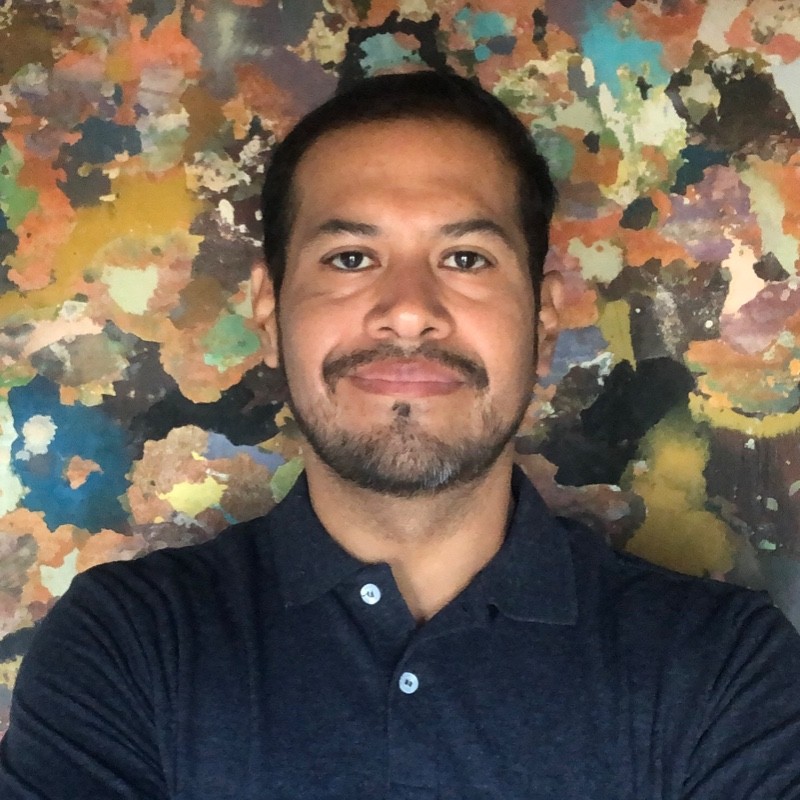

Responsible for research at the Human Rights Institute of Catalonia (IDHC). PhD in Law from Pompeu Fabra University, Castilla has specialized in International Human Rights Law, Constitutional Law and Migrations. He is also an associate professor of International Law at said university.
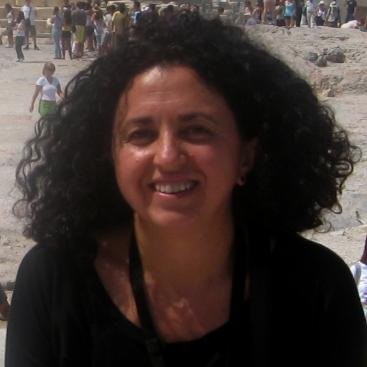

Maria Vanrell és Catedràtica a la Universitat Autònoma de Barcelona (UAB) on coordina el màster inter-universitari de Visió per Computador que es fa entre 5 universitats catalanes. Es va graduar en Enginyeria Informàtica per la UAB l’any 1990 i es va doctorar a la mateixa universitat l’any 1996. És investigadora adscrita al Centre de Visió per Computador on treballa principalment en models computacionals bio-inspirats per a la percepció del color i en la seva explicabilitat. Com a docent se centra en cursos d’introducció a la Intel·ligència Artificial en dos graus diferents.
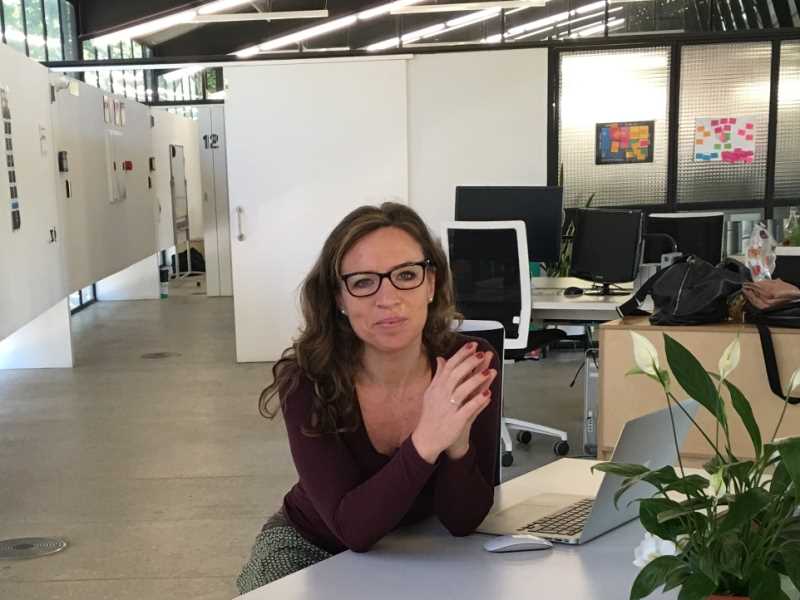

Patricia Ventura Pocino. PhD in Media, Communication and Culture, cum laude (Autonomous University of Barcelona) with a thesis on ethics, artificial intelligence and communication that exposes and examines the main ethical disquisitions around the uses of AI, analyzes the effects of algorithmic mediation in the digital information ecosystem and proposes solutions to provide algorithms with the principles that govern ethical communication and thus put them at the service of a digital public sphere governed by democratic values. She is author of the first report on ethics, artificial intelligence and journalism (published by the Catalan Media Council). She is a communications consultant for organizations specializing in the digital transformation of communications. He also teaches and develops dissemination projects for institutions and Public Administration.
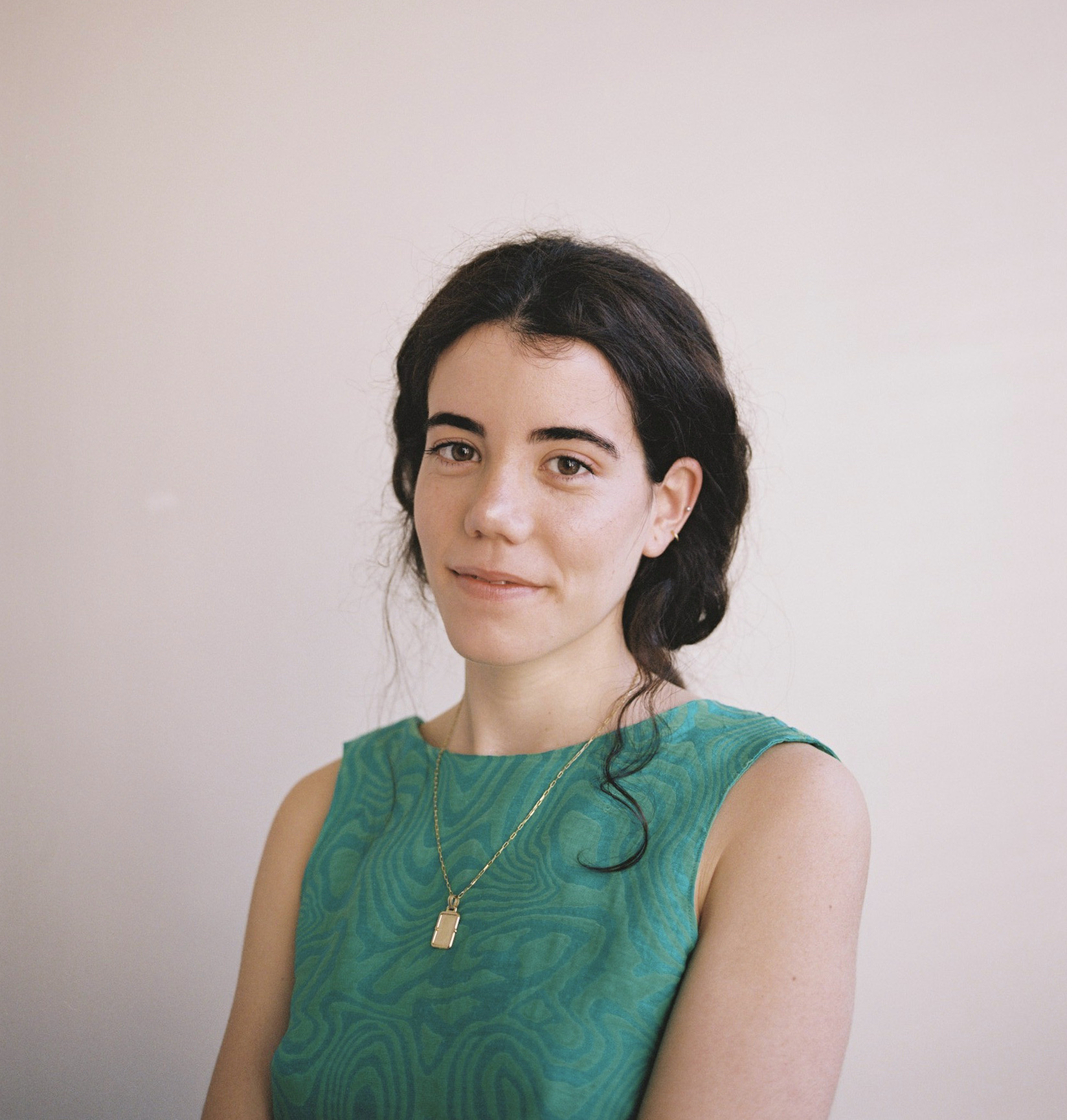

Paula Boet coordina projectes de drets digitals, IA ètica i inclusió digital a l’Ajuntament de Barcelona i coordina la els projectes de la Coalició de Ciutats pels Drets Digitals, una xarxa de més de 50 ciutats i organitzacions de tot el món que treballen per una transició digital basada en drets. És graduada en Filosofia, Política i Economia i especialitzada en ciutadania, drets humans, ètica i en l'impacte social de les noves tecnologies.
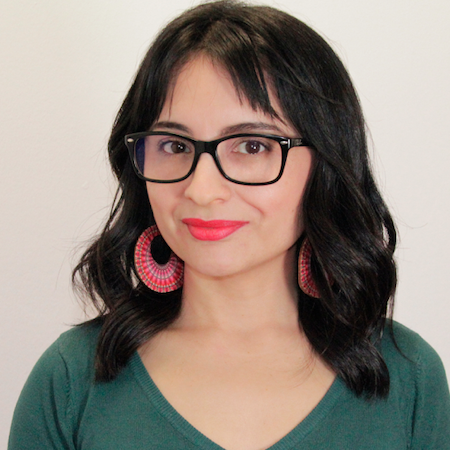

Paula Guerra Cáceres es expresidenta de SOS Racismo Madrid (2018 – 2020). Licenciada en Comunicación Social, Máster en Acción Solidaria Internacional y de Inclusión Social por la Universidad Carlos III de Madrid. Analiza e investiga el racismo estructural y sus consecuencias. Realiza talleres de formación en Pensamiento decolonial. Columnista en medios como Público, eldiario.es y Pikara Magazine.
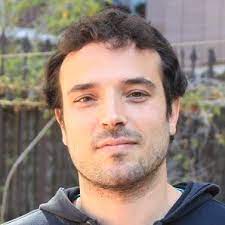

Sergi Cutillas is an economist with a degree in Business Administration and a master's degree in Economic Analysis. He specializes in competition policy, digitization and strategic consulting. Its motivation is aimed at analyzing the tectonic movements that financialization has caused since the seventies in the social, economic, political and cultural layers of our society. Its objective is to understand what are the central elements of the current social dynamics, in order to develop proposals that will defund society from the sphere of public policy, with the intention that the human being will once again be the objective of the production and exchange, and not production and exchange the goals of the human being. He is a member of Taxi Project and the TAS Observatory, founder of the Ekona cooperative.


Estampa is a collective of programmers, creators, and researchers who work in the fields of audiovisual and digital environments. Their practice is based on a critical and archaeological approach to audiovisual and digital technologies. Over the past few years, they have carried out artistic research projects using Artificial Intelligence (AI) tools.
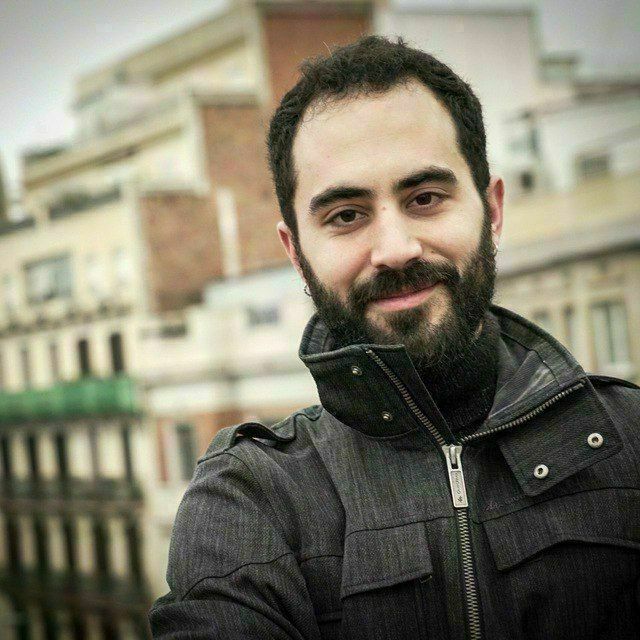

Bru Aguiló Vidal es sociólogo y periodista. Tiene un máster en Medios, Comunicación y Cultura (UAB) y postgrado en Ciudades Abiertas y Políticas Públicas (UOC). Ha trabajado en proyectos de comunicación e incidencia política vinculados a la defensa de derechos de las personas migrantes. Desde el 2017 forma parte del proyecto Decidim como consultor y coordinador en la implementación de procesos de participación híbrida, y es miembro del comité de programación de Decidim Fest. Actualmente, trabaja en la Oficina Técnica del Canòdrom - Ateneu d’Innovació Digital i Democràtica de Barcelona, diseñando y coordinando diversos proyectos como el Ciclo IA, Derechos y Democracia o el proyecto de recuperación de Memoria Histórica.



